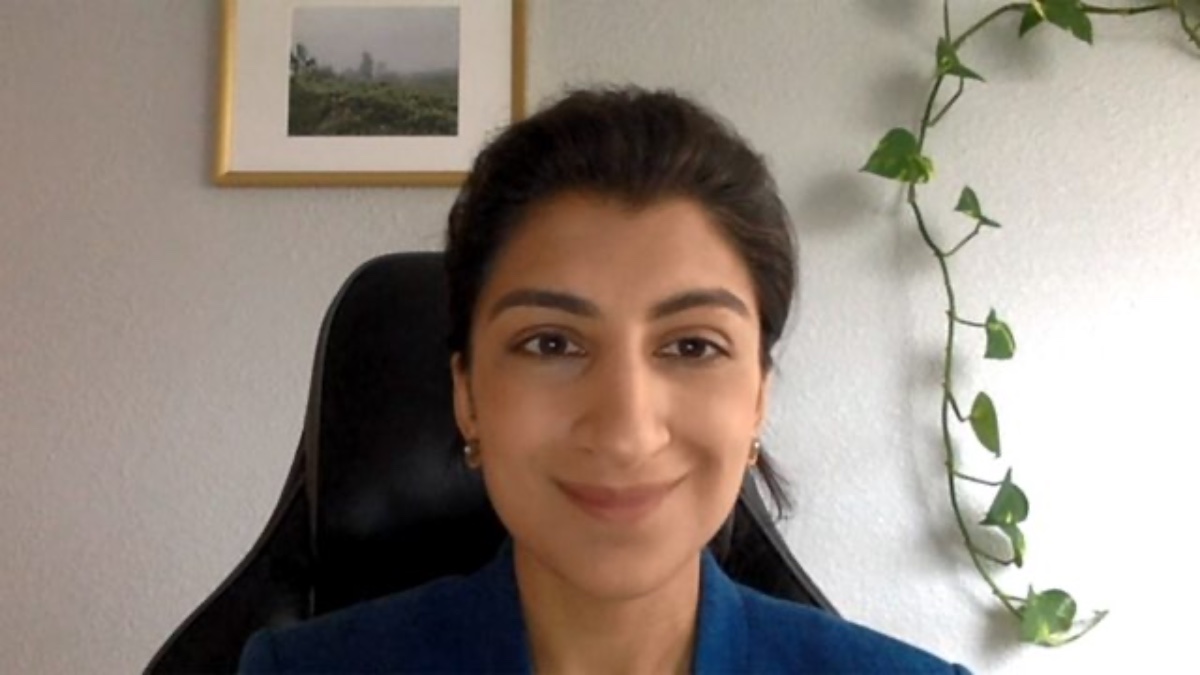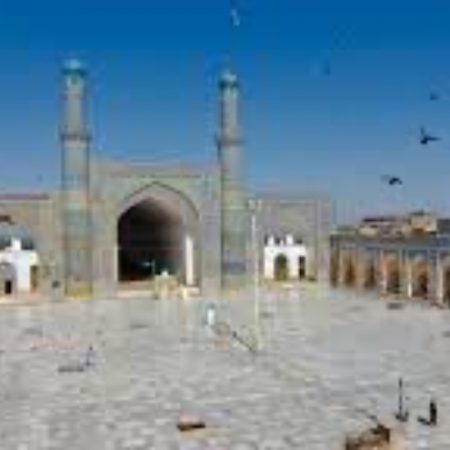Op Ed: The Spirit of Fasting in the month of Ramadan
by M. Basheer Ahmed M.D.
Ramadan is indeed an exceptional month of fasting for Muslims around the world. It is the ninth month of the Islamic lunar calendar, during which Muslims fast (refrain from eating and drinking) from dawn until sunset. The fast is observed as a form of worship and is one of the Five Pillars of Islam.
The blessed month of Ramadan (fasting) starts this year on March 23rd and ends on April 21st, 2023. This month, the Quran, the holy book of Islam, was revealed to Prophet Mohammad (PBUH)) in 610 AD. Muslims fast during the month of Ramadan. It is an act of worship that helps Muslims to feel closer to Allah and strengthens their faith. It also helps to resist temptation and avoid sinful behavior. They do this through fasting, praying, reciting the Quran, making their actions purposeful and selfless, and refraining from lying, gossiping, and fighting.
I remember during my childhood, the excitement we experienced sighting a new moon at the beginning of the month of fasting-Ramazan. Adults and children look forward to Ramazan for fasting, tarweeh prayers at night in Masjid, socialization with family and friends, and celebrating the major Eid festival at the end of the month of Ramadan.
God says in Quran you who believe! Fasting is prescribed to you as it was prescribed to those before you, so that you may attain Taqwa.” (2:183) Taqwa (restraining oneself from bad behavior) simply means to protect oneself from the Anger of Allah (swt) and His Punishment. The Muttaqun are those who believe in Allah and are involved in the affairs of humanity and avoid God’s displeasure. Fasting prepares Muslims to transform spiritually, focusing on attachment to Allah and, by the consciousness of behavior, avoiding activities that are prohibited during fasting. This results in achieving peace and tranquility.
Islamic faith is composed of unique rituals to bring discipline to human life. Fasting is one of the five key rituals that Muslims around the world observe. The essence of fasting is to become humble, simple, and free from ill will, anger, meanness, and hatred. Fasting is regarded as an annual training, requiring one to abstain from food, drink, and intimacy, but also to avoid ill actions such as backbiting, and hurting the feelings of others from dawn to dusk, every day for a month.
Habits are difficult to change, especially if they have been a part of your life for a very long time. During Ramadan, our experience of self-control gives us confidence that we can change our habits. If you can refrain from food, and negative and inappropriate thoughts, this will give you the strength and self-confidence to kick all your bad habits. If we do not discipline ourselves and control our bad habits, we are not getting the benefits of fasting
Muslims take advice from the Prophet, who said, “If one slanders you or aggresses against you, say I am fasting.” This is the best way to control your anger and negative emotions.
The Holy Prophet (PBUH) once said: “There are so many of fasting people who do not get anything out of fasting except thirst and hunger. These are the people who fast but do not refrain from bad behavior.
Prophet Muhammad (PBUH) also said “God has no need for the hunger or thirst of someone who hurts others, violates their dignity or usurps their rights.”
Fasting has been associated with several potential physical benefits, such as reduction in calorie intake, which can lead to weight loss. Fasting has been found to improve insulin sensitivity, which can help with blood sugar control. Some studies have shown that fasting can help lower blood pressure, reducing the risk of cardiovascular disease. Fasting has been associated with improved immunity, and a reduction in inflammation, which is linked to several chronic diseases such as arthritis, cancer, and heart disease. Some studies have suggested that fasting can improve cognitive function and may even reduce the risk of neurodegenerative diseases such as Alzheimer’s. It’s important to note that the physical benefits of fasting may vary depending on the individual and the type of fasting, and fasting should always be done under the guidance of a healthcare professional.
It must be emphasized that one must not fast just as a ritual. and consume excessive food at night for self-pleasure. God says in Quran “It is not righteousness that you turn your faces towards east or west; but it is righteousness – to believe in Allah and the Last Day, and the Angels, and the Book, and the Messengers; to spend wealth, out of love for Him, for your kin, for orphans, for the needy, for the wayfarer, for those who ask, and for setting the slaves free; to establish prayer, and practice regular charity; to fulfill the contracts which you have made; and to be firm and patient in tribulation and adversity, and in times of panic (or stress). Such are the people of truth and they are al-Muttaqun. (2:177)
In Ramadan, fasting brings Muslims together as a community, with shared experiences of fasting and breaking the fast together. It creates a sense of unity and brotherhood as Muslims come together to worship and share meals.
For fasting to be truly universal, its benefits of strengthening human relations must be extended beyond the ties with Muslims to people of all faiths. Fasting is meant to promote a sense of what it means to be truly human, and its universality is reflected by extending cordial relationship to Muslims of all sects and people of all faiths. That is indeed the wisdom expressed in Quran, Al-Hujra, Surah 49:13: “O mankind! We have created you male and female and have made you nations and tribes that ye may know one another. The noblest of you, in sight of Allah, is the best in conduct. Allah Knows and is Aware.”
Overall, fasting in Ramadan is an act of worship that offers spiritual benefits that go beyond just abstaining from food and drink. It is a time for self-reflection, purification, and spiritual growth that can have a profound impact on a Muslim’s faith and life.
Dr. Ahmed is the former Professor of Psychiatry at Southwestern Medical School, chairman emeritus MCC for Human Services, and president, the Institute of Medieval and Post Medieval studies. He can be reached at mbahmed05@yahoo.com.





















2023
951 views
views
0
comments